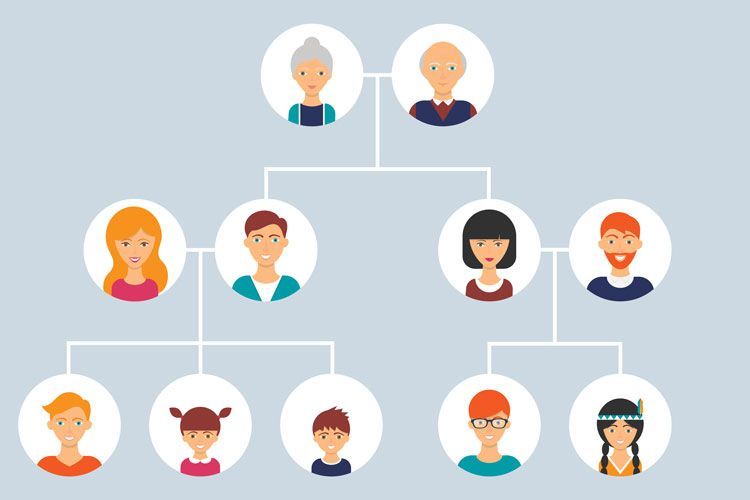5 Important Bits Of Information To Gather From Your Parents Before You Lose Them
Treat this like a pleasant conversation, and not a police interrogation, and it’ll work out just fine.

There used to be an old superstition that if you said the name of a serious ailment out loud, you were dooming yourself to be struck down by it. So people would speak euphemistically about serious diseases, or whisper the names like they were some shameful secret.
That could be why we avoid facing the prospect of death head-on, as if acknowledging our own mortality will somehow hasten our trip through this world. But it’s important to accept that this belief is, ultimately, a groundless old wives’ tale, and that there are things you should discuss with aging parents before you have to make decisions for them in their absence.
While it’s helpful to gather general info, like their college major, first car, and how they met, it’s ideal to mine for details and stories that are a bit more personal. Here are some guidelines to help ease the process.
“Is there a definitive family tree?”

You and your parents went over the whole “where did I come from?” talk when you were a child, but this is different. Knowing where your family came from is something everyone ought to know — and usually there’s at least one person in your family who has taken it upon themself to maintain a detailed family tree.
If it’s not one of your parents, find out who. If your family doesn’t have an official documentarian, then maybe you’ll have to take up the mantle. Otherwise, you may never find out where your great-grandma came from, or who’s in all those antique photos.
“Are there any photos/films we should think about saving?”

Digitizing old photos and filmstrips is both a great way of preserving your family history and treasured memories — not to mention giving you an excuse to quiz your parents on who’s who. Places like LegacyBox are a good resource for creating lasting memory vaults out of old recorded material.
“What were our biggest triumphs?”

You can learn a lot about your family by the good times that defined them. Go ahead and find out where the victories of your past are, and why those memories remain so vivid to this day. You’ll probably find out even more than you expect.
“What were our biggest hardships or regrets?”

On the flip side, digging into hardships and sad events is usually much easier with the cushion of time, and can be just as informative. Plus, a lot of the bad times tend to coincide with major historical events and cultural upheavals — it really puts things in perspective when you see how they affected your actual bloodline, and how everyday people pulled themselves together and carried on.
“Who’s the one person you’d like to reconnect with before you go?”

It may sound a bit like a college entrance interview question, but it will likely produce surprising results. And who knows, maybe the person in question is still around, and you could help facilitate a reunion? Whether realistic or hypothetical, knowing the people lurking around the periphery of your parents’ lives could help you better appreciate the people you still owe a call or a dinner to in your life.
Listen To Our Podcast About Having Uncomfortable Conversations
Bonus Bits: Reader Submitted
"What would you like to see if you were reading your own obituary?" -Deborrah
Please Help Us Out
What are some other important things everyone should ask their parents before it’s too late? Let us know here.
Related: How To Make Sure Your Legacy Lives On After You’re Gone
- All The Information You Need To Share About...It’s incredibly sad to think of our pets without us, but here’s your chance...Read more
- Estate Planning For Your PetsAmerica is approaching a belly rub crisis. Or, in the case of cats, that...Read more
- What To Say To Someone Grieving The Loss Of A PetFor most people, it’s not just a dog, cat, or other domesticated animal....Read more
- Planuary: Organizing For The New YearIf the turn of a new year inspires you to finally get your life in order, we...Read more



